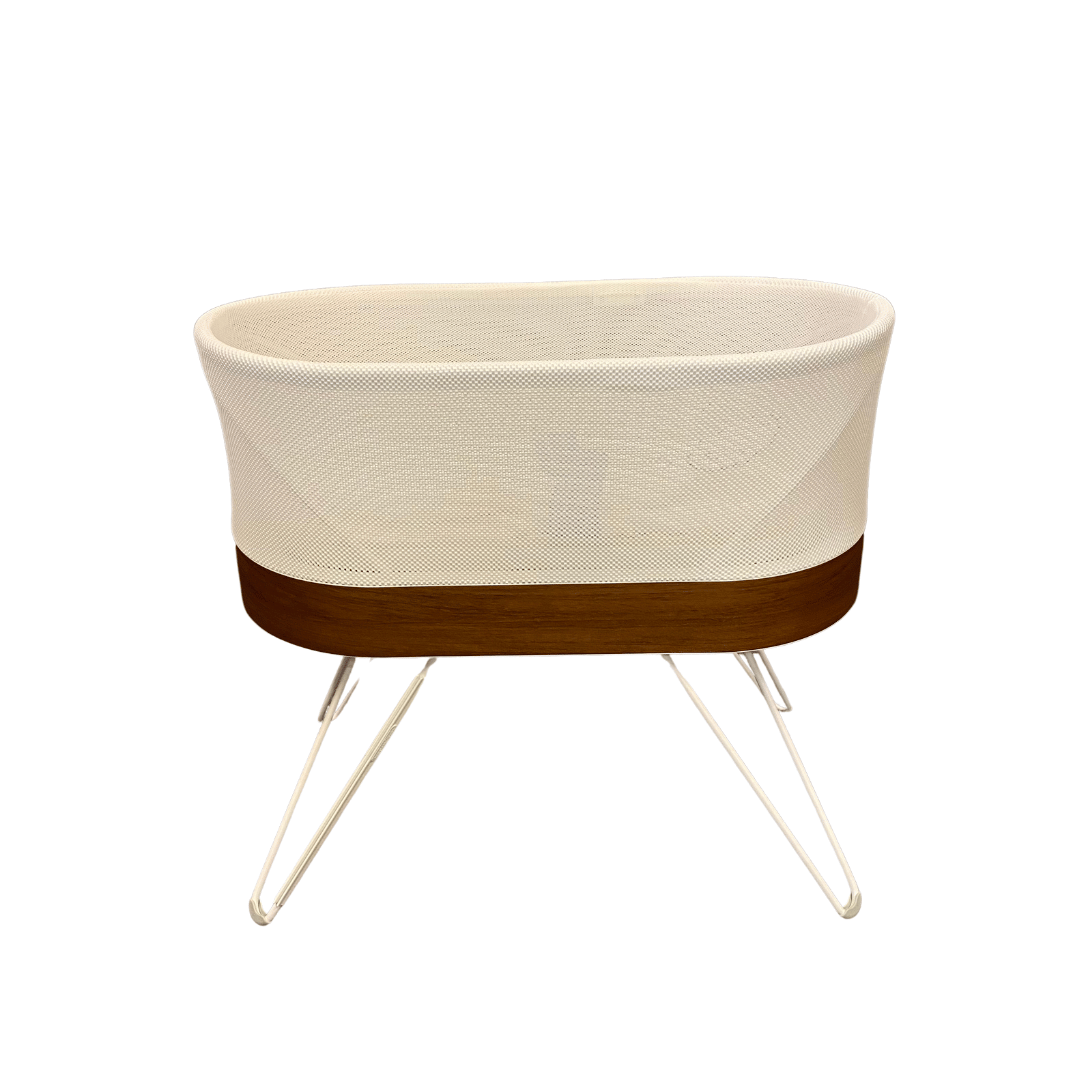
Antenatal classes, often referred to as prenatal or childbirth education classes, provide valuable information and preparation for expecting parents. However, there are certain aspects of pregnancy, childbirth, and parenthood that may not always be covered in these classes. Here are some of the things that you may not hear discussed in your group.
Postpartum Recovery: While antenatal classes may discuss labour and delivery, they might not delve into the details of postpartum recovery. Recovery can be challenging, with issues like postpartum bleeding, soreness, and emotional changes. It’s essential to be as prepared as possible for what to expect during the postpartum period. Speaking to a midwife at your regular check up or post birth is a good chance to discuss what aids you might need. Remember to inform your partner so that they can be a part of your recovery.
Breastfeeding Challenges: Most antenatal classes cover the benefits of breastfeeding but they might not thoroughly address potential challenges like latch issues, engorgement, or the emotional aspects of breastfeeding. It’s important to know that breastfeeding can be difficult for some mothers, and seeking support is crucial. Identifying tongue tie early on is also crucial to an easier latching process for both baby and mum. It’s a hugely emotive subject and do not feel pressured into doing anything that will make you uncomfortable, your baby just needs milk whether it’s breast or bottle.
Mental Health: Antenatal classes may briefly touch on the topic of postpartum depression, but the emotional challenges of parenthood, such as anxiety and feelings of overwhelm, can be more extensive than discussed. Added to that is the sleep deprivation which can go on for years and years, not just a few weeks. Being acutely tired can really affect the way you think and behave so reach out for support where you can, ask your support network to watch the baby when you need to nap. And please leave the washing and tidying up and sleep when your baby does! It’s essential to be aware of the signs of postpartum depression and seek help if needed. Click here for more information regarding post partum depression.
Relationship Changes: Antenatal classes often focus on the baby’s arrival, but they may not delve into the potential impact on the parents’ relationship. Becoming parents can bring new challenges and adjustments to the relationship, and it’s important to be prepared for these changes. All couples will have to adjust to the new dynamic of 3 in the family unit and it’s well documented that men tend to feel shoved out [particularly in those first few months. Keep the communication between yourselves open and non-confrontational. You WILL find a new rhythm and life before 3 will be difficult to imagine!
Handling Unsolicited Advice: You may receive a lot of unsolicited advice from well-meaning friends, family, and even strangers once you’re visibly pregnant or have a baby. Antenatal classes may not cover strategies for politely navigating this influx of advice. There is not a one fit manual to parenting, so go with your gut, do your own research and you can always, diplomatically, thank people for their advice and then roll your eyes when they’re not looking!!
C-Section and Intervention Births: While antenatal classes often focus on natural childbirth, it’s essential to understand that not all births go according to plan. Learning about cesarean sections (C-sections) and other interventions is important, as they can happen even if you intended to have a natural birth. It is hard to accept the plan changing once labour kicks in and it is a great chance for your partner to be the one who is able to steer the conversations so that you feel safe and informed of any interventions that may be required to assist your baby arriving safely.
Childcare Skills: While antenatal classes cover infant care basics, they might not go into advanced topics like baby wearing, sleep training, or introducing solid foods. These are aspects of infant care that you might explore as your baby grows and there are wonderful resources available online and in local communities to help guide you through these areas.
Realities of Parenthood: The day-to-day realities of parenthood, such as the constant need for nappy changes, feedings, and round-the-clock care, may not be fully conveyed in antenatal classes. It’s important to be mentally prepared for the demands of parenting. It is mundane, full on and at times can feel like groundhog day and it’s ok to admit that you’re not enjoying every second of parenthood. Don’t suffer in silence, resentment can build up especially when you’re already exhausted! Make sure you ask for help and have regular breaks where possible. If you don’t have a huge network around you to ask, explore the baby groups in your area hanging out with other parents in the same boat will make you feel more supported and less alone.
Remember that antenatal classes serve as a foundation for childbirth and early parenting, but real-life experiences can vary widely. Don’t hesitate to seek additional information, support, and resources outside of the classes to help you navigate the unique journey of parenthood.


